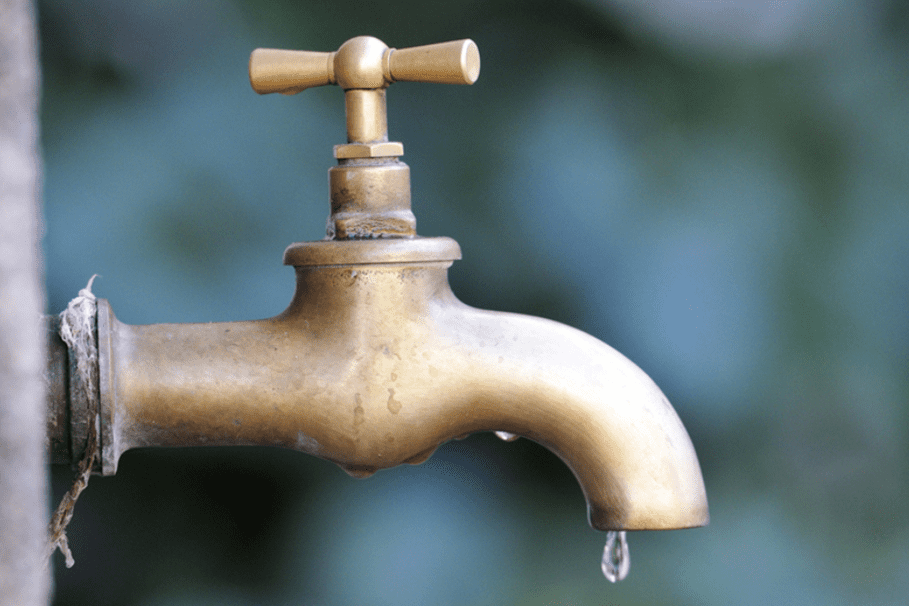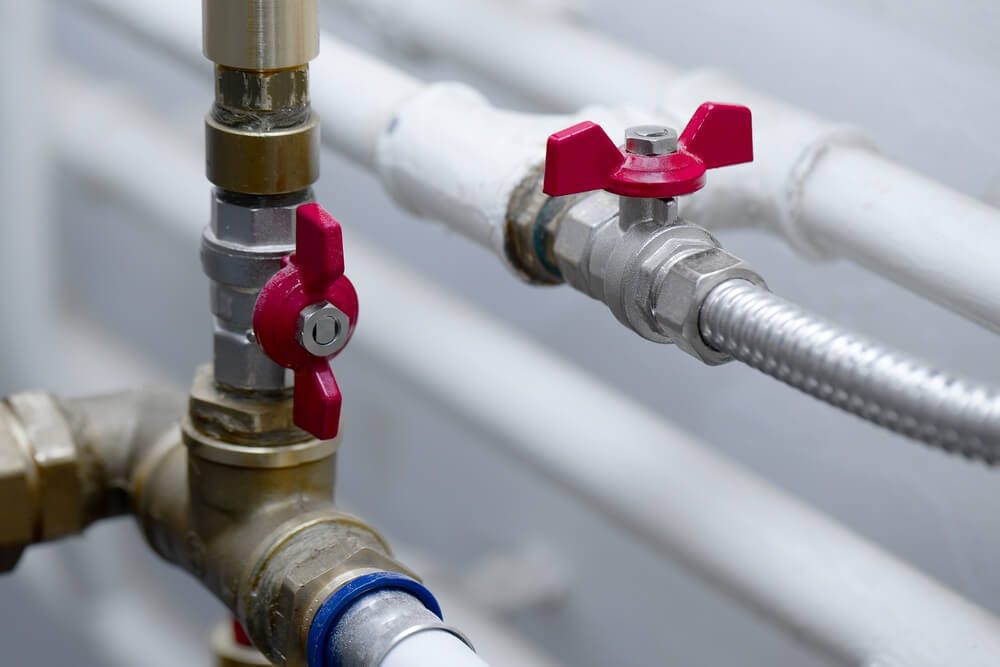Ways to Protect Your Pipes From Bursting in Frigid Weather: Top 5 Winter Hacks
Ways to Protect Your Pipes From Bursting in Frigid Weather: Top 5 Winter Hacks
Blog Article
Almost everyone has got their own unique opinion when it comes to Prevent Freezing and Bursting Pipes.

All property owners who stay in pleasant climates should do their best to winterize their pipelines. It is something you should do during autumn prior to deep winter season absolutely begins. Failing to do so can mean calamity like icy, broken, or burst pipelines. If the weather condition outside is frightful, here are some handy winterizing hacks to maintain your plumbing system shielded even.
Try a Hair Clothes Dryer or Heat Weapon
When your pipes are nearly freezing, your trusty hair dryer or warmth gun is a blessing. Bowling warm air straight right into them might aid if the warm towels do not assist remove any kind of clearing up ice in your pipelines. Do not make use of various other things that produce direct fires like an impact lantern. This can result in a bigger disaster that you can not manage. You may end up damaging your pipelines while trying to melt the ice. And over time, you may even wind up melting your residence. So be cautious!
Open Cabinet Doors Hiding Plumbing
When it's cool outside, it would certainly be valuable to open up cabinet doors that are concealing your pipelines. They can be someplace in your kitchen or restroom. This will allow the warm air from your heating system to circulate there. Consequently, you avoid these exposed pipes from cold. Doing this little technique can keep your pipelines cozy and also restrict the possibly hazardous results of freezing temperatures.
Require Time to Wrap Exposed Piping
One simple and also awesome hack to heat up icy pipes is to wrap them with warm towels. You can cover them initially with towels. After protecting them in place, you can put boiling water on the towels. Do it gradually to let the towels absorb the fluid. You can likewise make use of pre-soaked towels in hot water, just don't fail to remember to put on safety gloves to protect your hands from the warm.
Turn On the Faucets
When the temperature declines as well as it seems as if the freezing temperature will certainly last, it will aid to activate your water both inside as well as outdoors. This will certainly keep the water moving with your plumbing systems. On top of that, the motion will slow down the freezing procedure. Especially, there's no need to turn it on full blast. You'll wind up squandering gallons of water this way. Rather, aim for concerning 5 decreases per min.
Shut Off Water When Pipes are Frozen
Turn off the primary water shutoff right away if you observe that your pipelines are completely frozen or practically nearing that stage. You will usually locate this in your basement or utility room near the heating system or the front wall closest to the street. Transform it off today to avoid further damages.
Don't neglect to shut outside water resources, as well, such as your connection for the garden home. Doing this will certainly prevent extra water from filling out your plumbing system. With even more water, even more ice will certainly stack up, which will at some point lead to break pipes. If you are not sure about the state of your pipelines this winter, it is best to call a specialist plumber for an evaluation. Taking this aggressive approach can save you thousands of dollars in repairs.
All homeowners who live in temperate environments should do their ideal to winterize their pipes. Failing to do so can spell calamity like frozen, cracked, or burst pipelines. If the hot towels do not assist displace any clearing up ice in your pipes, bowling warm air straight into them may aid. Turn off the main water shutoff promptly if you notice that your pipes are entirely frozen or nearly nearing that phase. With even more water, even more ice will pile up, which will eventually lead to break pipelines.
PREVENT YOUR PIPES FROM FREEZING THIS WINTER
A Leading Cause of Property Damage
When the weather is taking a deep nose dive into the cold dreary days, the risk of your pipes freezing and potentially bursting skyrockets. Unfortunately, during these cold dreary months, burst pipes are the most common denominator for property damage. The pipes that are most at the risk are those that are in areas where it is most cold in your home. For instance, pipes located in interior places such as basements, attics, and your garage. Unfortunately, that doesn’t mean that the pipes running through your cabinets or exterior walls can’t freeze. Good news, however, is that you can do things to help prevent pipes from freezing.
How to Prevent Pipes From Freezing
Once the temperature starts to drop during the winter, you should be taking the proper measures needed to ensure that your pipes stay warm and that there is circulation of water through them. Some steps that experts may recommend could go against your better judgement when it comes to saving water and heat. However, it would go without saying that when expenses are compared, damaged pipes could put a bigger dent in your wallet than a water bill.
What Can I Do?
Keep your garage door closed. This is very important, especially if you have water supply lines running through your garage. Open your kitchen and bathroom cabinets to allow warm air to circulate through them. Allow air circulation throughout your home. Keeping the interior doors open will once again allow the warm air to circulate inside your home. Ensure your thermostat is running the same temperature throughout the night and day. If you plan to be away from home during the cold months, set your temperature no lower than 55° F. This should provide enough heat to keep the pipes warm and prevent any remaining water inside the pipes from freezing. For more of a long-term solution, add insulation to attics, basement, and other crawl spaces around your home. By allowing your faucet to drip, it will alleviate pressure in the system. This is important because the pressure that is created between the blockage and the faucet can potentially cause the pipes to burst. Allowing the faucet to drip will prevent the pressure from building up, therefore keeping the pipes from bursting. Seal any cracks, openings, and crawl spaces around your home to prevent cold air from coming inside. This keeps your pipes-not to mention your home-warmer and less susceptible to issues caused by freezing temperatures. For the pipes in your home that are easily accessible, applying electrical tape to them might prevent them from freezing over. This is a quick fix, as you can apply the tape directly to the pipe. There are two options for heating tapes. One turns on and off by itself when it senses heat is needed. The other type of heating tape needs to be applied when heat is needed and removed when not necessary. If you have exposed pipes in your home, you can check this website to take a look at a few options that would be available at a shop near you.

As a person who reads about Winterizing Your Pipes, I thought sharing that piece of content was a good thing. Liked our blog? Please share it. Help other people locate it. I treasure reading our article about Winterizing Your Pipes.
Click Here Report this page